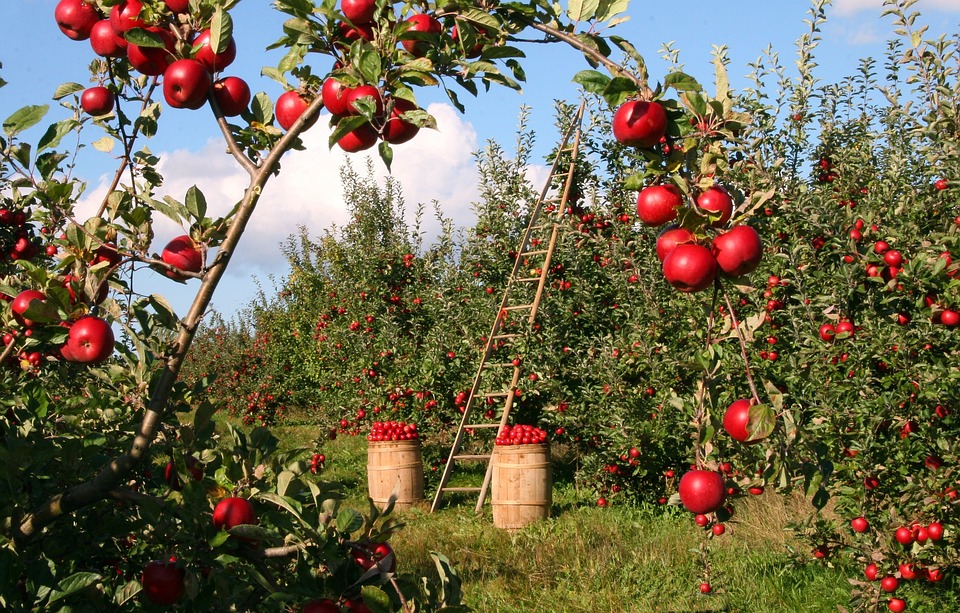
Career and Scope of Agricultural Inspectors
Agricultural inspectors are professionals who are responsible for inspecting and regulating agricultural operations to ensure compliance with laws, regulations, and standards. This may include inspecting farms, greenhouses, and other agricultural facilities to ensure that they are operating safely and environmentally responsibly.
Agricultural inspectors may also enforce regulations related to the use of pesticides, fertilizers, and other chemicals in agriculture and ensure that food products produced and sold by agricultural operations are safe for human consumption.
Agricultural inspectors may work for government agencies like the Department of Agriculture or be employed by private companies or organizations. They may also work as contractors or consultants.
To become an agricultural inspector, individuals typically need a bachelor's degree in agriculture, biology, or a related field. Depending on the specific duties and responsibilities of the job, some positions may also require additional certifications or licensing.
The duties of an agricultural inspector may vary depending on the specific job and the type of agrarian operation being inspected.
Common duties may include:
-
Inspecting agricultural facilities to ensure compliance with laws, regulations, and standards for using pesticides, fertilizers, and other chemicals.
-
Conducting food safety inspections to ensure that food products being produced and sold by agricultural operations are safe for human consumption.
-
Investigating complaints related to agricultural operations, including environmental violations or food safety concerns.
-
Providing education and training to farmers and other agricultural professionals on best practices and regulations related to agriculture.
-
Preparing reports and documents related to inspections and investigations.
To become an agricultural inspector, individuals typically need a bachelor's degree in agriculture, biology, or a related field. Depending on the specific duties and responsibilities of the job, some positions may also require additional certifications or licensing. Agricultural inspectors may work in various settings, including offices, labs, and outdoors on farms and other agricultural facilities. They may also be required to travel for work.
Scope:
The scope of work for agricultural inspectors may vary depending on the specific job and the type of agrarian operation being inspected. Some common areas of focus of farming inspectors may include:
-
Food safety: Agricultural inspectors may inspect food production facilities, such as farms and processing plants, to ensure that food products produced and sold are safe for human consumption. This may include verifying that food is being stored, prepared, and handled according to food safety standards.
-
Environmental regulations: Agricultural inspectors may be responsible for ensuring that agricultural operations comply with laws and regulations related to the use of pesticides, fertilizers, and other chemicals. This may include inspecting facilities to ensure that they properly handle and dispose of hazardous materials.
-
Animal health and welfare: Agricultural inspectors may be responsible for inspecting farms and other facilities that raise animals to ensure that they are treated humanely and in accordance with laws and regulations related to animal health and welfare.
-
Plant health: Agricultural inspectors may inspect greenhouses and other facilities that grow plants to ensure that they are being properly cared for and that any pesticides or other chemicals being used are being used safely and responsibly.
-
Education and training: Agricultural inspectors may also be responsible for educating and training farmers and other agricultural professionals on best practices and regulations related to agriculture. This may include conducting workshops or seminars or providing one-on-one assistance to farmers and other agricultural professionals.





